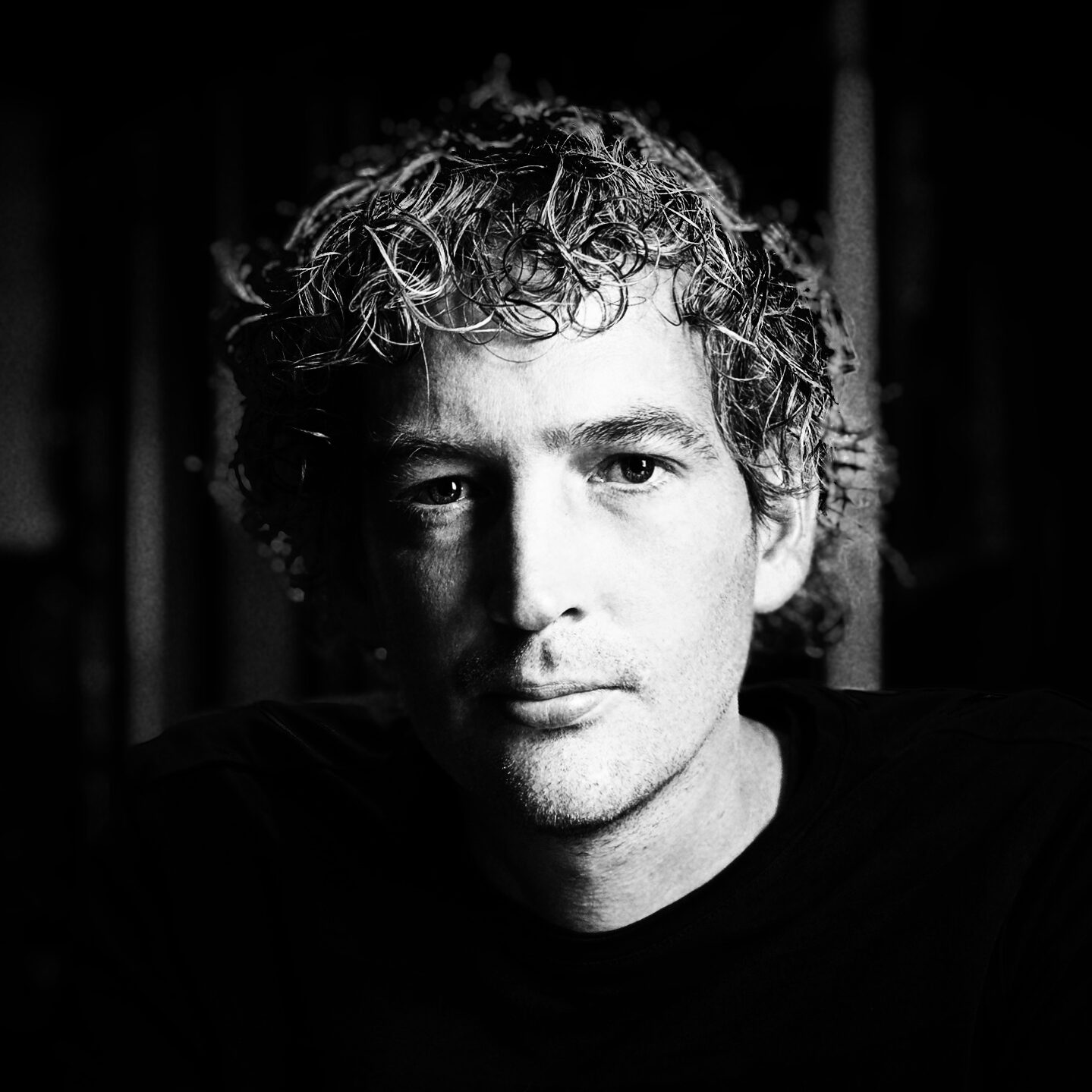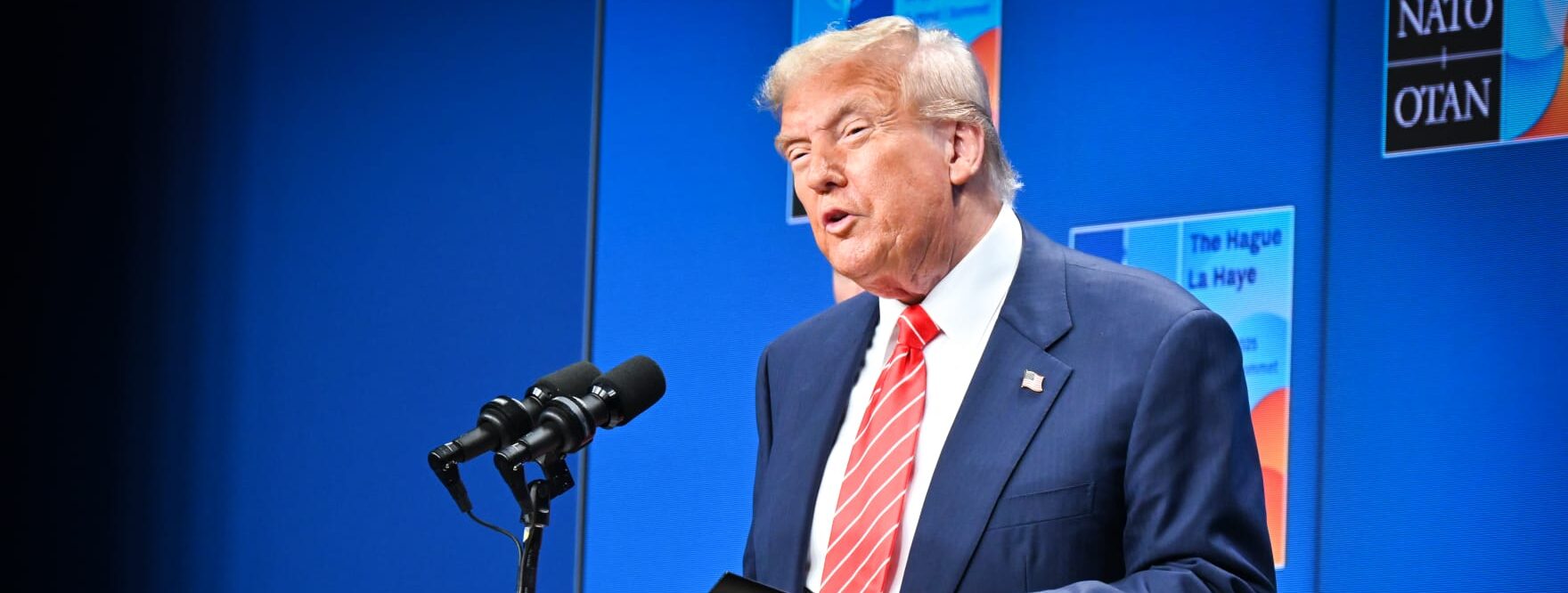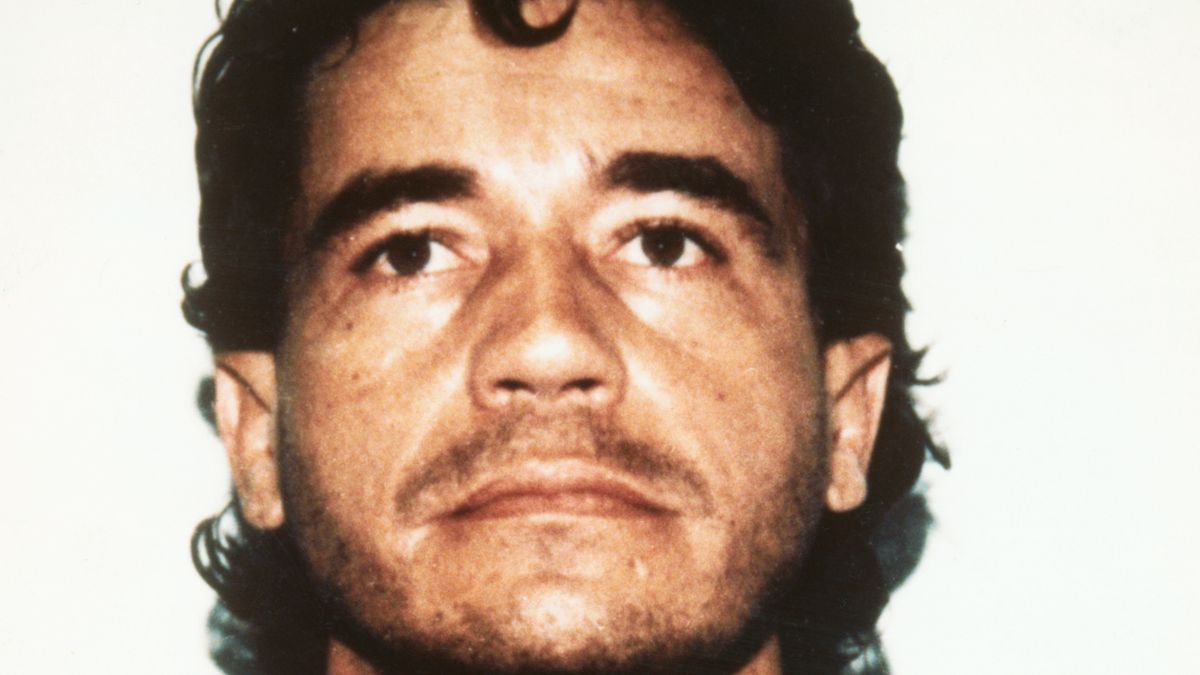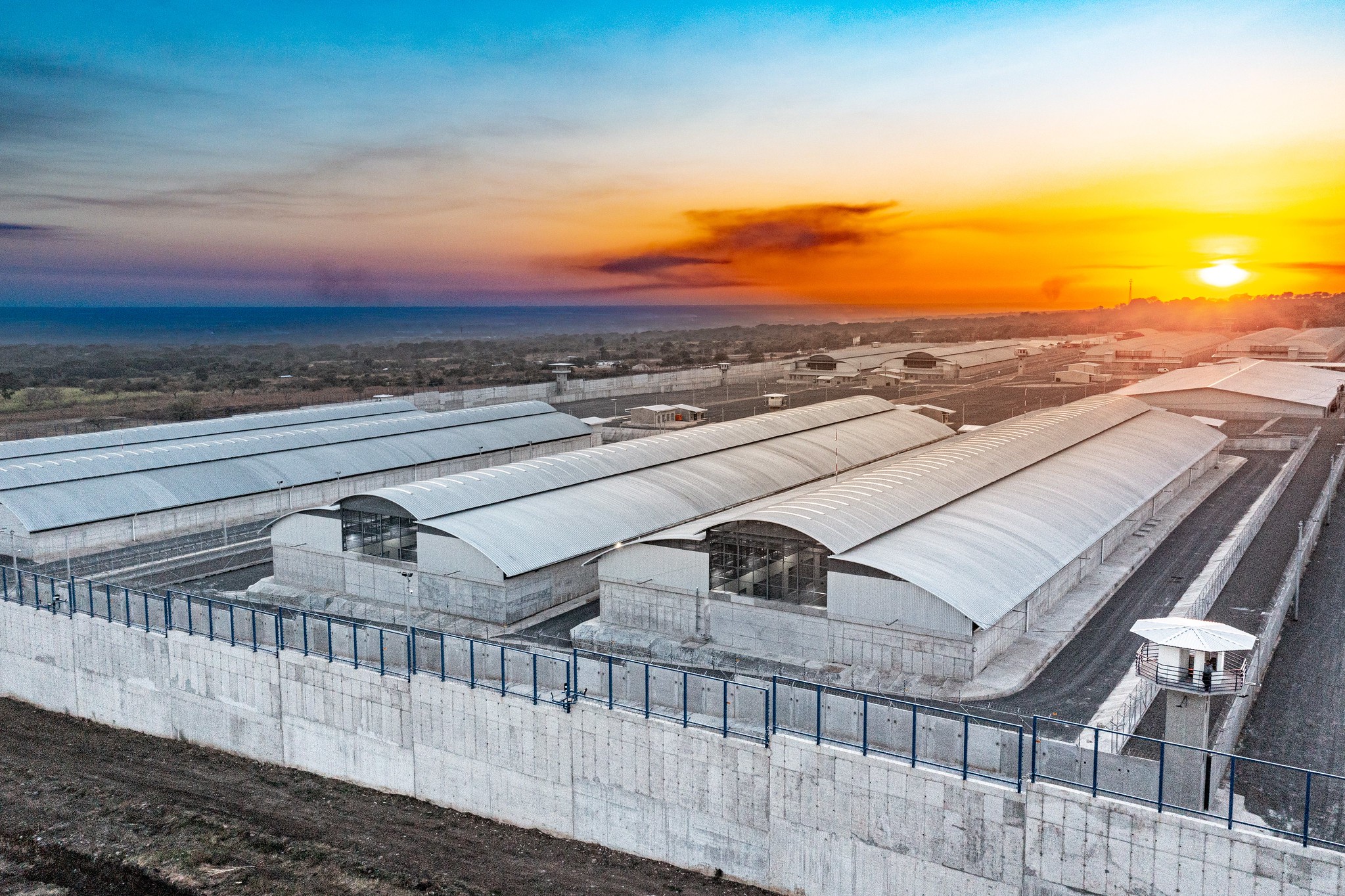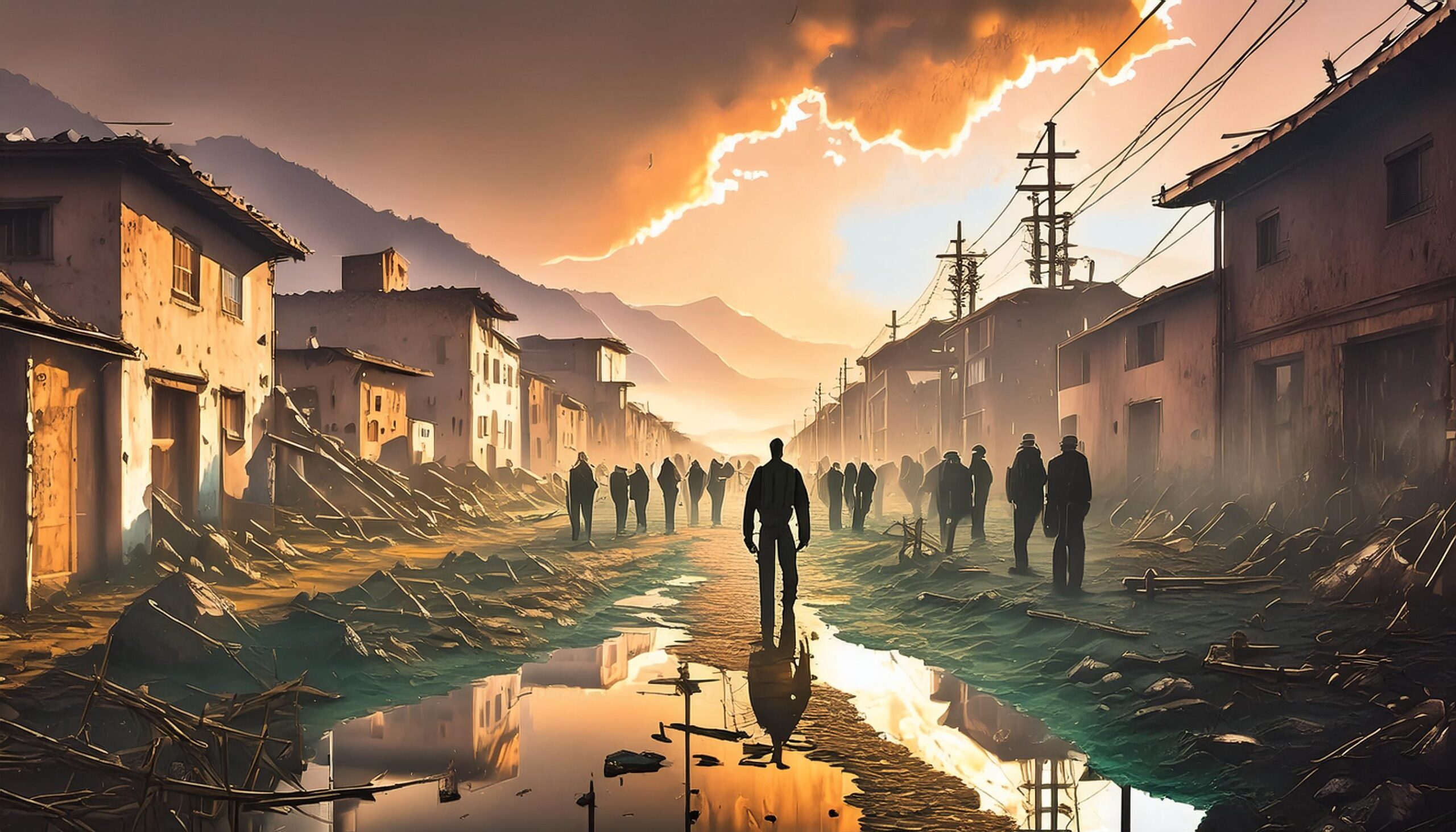On March 16 this year, a letter bomb addressed to Jeffrey Frank, the managing director of the IMF in Europe. An IMF staff member was slightly injured in the process. It would later be revealed that the letter came from Greece, 8 other bomb letters, including one to Dijsselbloem, were subsequently intercepted. Responsibility was claimed by "Conspiracy of Fire Cells," a leftist autonomous group from Greece.
A day later on March 17, it seemed to hit again. A 30-year-old man shouted "Allah akbar" in a Paris suburb and slit the throats of two men, then started praying. Later, the victims turned out to be the perpetrator's father and brother, and terrorism has been ruled out.
The next morning was another hit in France. On that Saturday morning, March 18, 39-year-old Ziyed Ben Belgacem was gunned down at Paris' Orly airport after attempting to take a soldier's weapon. Earlier that day, on his way to the airport, Ziyed shot an officer in the face during a road check; the officer sustained minor injuries. The man of French nationality was known to police and previously arrested for drug offenses. He was wanted for involvement in a bank robbery. Four people suffered minor injuries this day, Ziyed died and air traffic remained disrupted throughout the day.
And last week, exactly one year after the Brussels attack, London was targeted. Kent-born 59-year-old Adrian Russell Ajao, aka Masood, drove into pedestrians on Westminster Bridge after which, after stabbing an officer, he was shot in front of the Parliament building.
A day later, 39-year-old French-born Mohammed was arrested after driving at high speed down a shopping street in Antwerp. He is suspected of attempted terrorist murder. Various media reported that he was allegedly drunk; in his car, officers found stabbing weapons, a riotgun and a canister of unknown contents.
This all seems like a lot, but is it? Today in his Column on RTLZ the question 'But is the situation really that exceptional? No, actually not.'
In his column, Okhuijsen states, "Karst Tates' attack in Apeldoorn in 2009 is the most recent serious terrorist incident with us. The shooting in Alphen aan de Rijn is not considered a terrorist act'. The last officially designated terrorist act before that dates back to 2004. Okhuijsen also states that the situation is not unique. Until the early 1990s, Europe was very unsettled. Plane hijackings, bombings and kidnappings were much more common than now.' Statistics on datagraver.com also show that through 2014, more than half of the attacks were committed by groups with no Islamic background. Only in the past two years have perpetrators with an Islamic background been in the majority.
A number of events dominated the news this week, editors were working overtime and everyone, as is common these days, had their opinions ready to shout about it on Twitter....
I can sometimes be devastated at how we deal with an event like an "attack. Sometimes it doesn't seem to matter what actually happens, as long as we can call it an attack, because then the finger-pointing can begin. We immediately scream murder and fire, and if we don't already do it right away, our finger very quickly manages to point at the only perpetrators that many of us seem to know: 'the foreigner,' IS, the terrorists.
For days on end, "the attack" dominates the news and front pages, and this while most of the attacks that take place every day with regularity do not even make the newspaper. In March alone, so far over 500 people have died worldwide in terrorist attacks, last month over 1,000. Six of these perished in Europe, and that's not counting the perpetrators. In the case of two of the six victims, the father and brother from France, it was actually not even terrorism, but a double murder.
Read along. In 2015, terrorist attacks killed 151 people in the EU, 360 others were injured that year. Globally, over 38,000 people were killed in terrorist attacks in the same year, and an additional 44,000 were injured. Not to mention the victims of war. Am I saying that those 151 victims are comparatively insignificant? Nonsense. What I am saying is that it seems we can get super busy about what happens in our backyard, while what happens a few thousand kilometers away doesn't really seem to matter.
And if we look at it more broadly. While in one year 151 people within the EU were killed by an attack, over 5,000 people within EU borders were murdered without terrorist cause, over 26,000 other Europeans died after a road accident that year.
First of all, let's say that like everyone else, I regret every victim, whether it is from an attack, from a murder, from a car accident or from starvation. Yet sometimes I am disgusted by our selfish attitude. If I am to believe Henk and Ingrid, all terrorists today are targeting us, while less than 0.4% of the victims of attacks fall within the borders of the EU, let alone here in the Netherlands where there has been no attack for 10 years. Can we speak of "luck," do we have things in better order than, say, Belgium or France? Do we have better intelligence services?
When a man drove into pedestrians in England this week, Twitter exploded and it dominated the evening news. Consider this, the same day there were over 100 victims worldwide from terror attacks, the same day over 70 people died in accidents in the EU and 14 others were murdered. Indeed, within 24 hours of the attack, over 40 people died trying to reach Italy in two boats, 200 people from that accident are still missing. There were also possibly more than 200 civilian casualties in an attack in Mosul, according to eyewitnesses.
On Twitter, several people immediately blamed terrorist refugees or Islamists. This while none of the perpetrators of last month's attacks in the EU were refugees. All were born within the EU. However, the perpetrators did have an Islamic background.
Journalists are also quick to voice their opinions when something happens in our backyard. Take as an example last night when reports came in about a shooting in Lille. According to initial reports on Twitter there were a large number of victims in a shooting at a metro station, RTL Late Night immediately spoke of a possible attack, a little later it would turn out that it was a confrontation between two criminal groups, 3 people were injured. But oh well, fear reigns.
Sometimes it's okay to put things into perspective, and sometimes it's okay to take a closer look beyond our national borders. For example, take a look at Venezuela, a country that strangely enough you almost never hear anything about. Around 70 people are murdered every day in Venezuela, over 26,000 people a year, which is 220 times more than in the Netherlands. No, that is not because Venezuela with 30 million inhabitants has a lot more inhabitants than the Netherlands or because there are so many Muslims living in Venezuela, 95% is Roman Catholic.
But then shouldn't we be concerned? Of course we should, because if you punch someone in the face then you can expect a punch back. For decades the Netherlands has also interfered in geopolitical conflicts, sometimes to protect the EU, sometimes because we believe that implementation of Western democracy can help the local population. Sometimes we only find out decades later what our actual basis was for interfering in something. The hatred of various people toward "the West" has only grown in recent decades partly because of this.
In between, we have our own problems, some of which seem impossible to solve. For example, we have made mistakes with immigration by segregating groups and populism has created more and more divisions. You can expect that if you put someone in the corner long enough, that person will not stare silently ahead forever, but will at some point begin to resist it. I think that is exactly what has happened, including with us.
I think we are a lot less divided on how to deal with hate, aggression, violence and attacks. Few people, when you ask them on the street if the attack in London was justified, will answer "yes. There is only a very small group of people who glorify these things, but sometimes it seems like that small group of people manages to win out over our common sense.
The world is turning at a rapid pace. We live in a rapidly changing world where right now a wide variety of geopolitical powers are busy defending their self-interest. Russia, Turkey, the EU, and that is if we look close to home. We are waiting for the flame to really catch fire one day and we will not be able to get out of it with our Dutch diplomacy. Wars have happened in the past over smaller things, and then we were lucky, because then we lived in a less divided country than we do now.
Perhaps our fear comes from a very different place and we are afraid because we do see what is happening outside the EU, and deep down we all know that those images that seem so unrealistic and distant are not unrealistic and may also be very close. Because of that thought, every "attack," no matter how small in proportion, makes us rightly fear the future. Just walk into a senior center, have a cup of coffee, and talk about the past, because the past is not that long ago.
(Statistics on terrorist attacks can be found at the website of datagraver.com)

